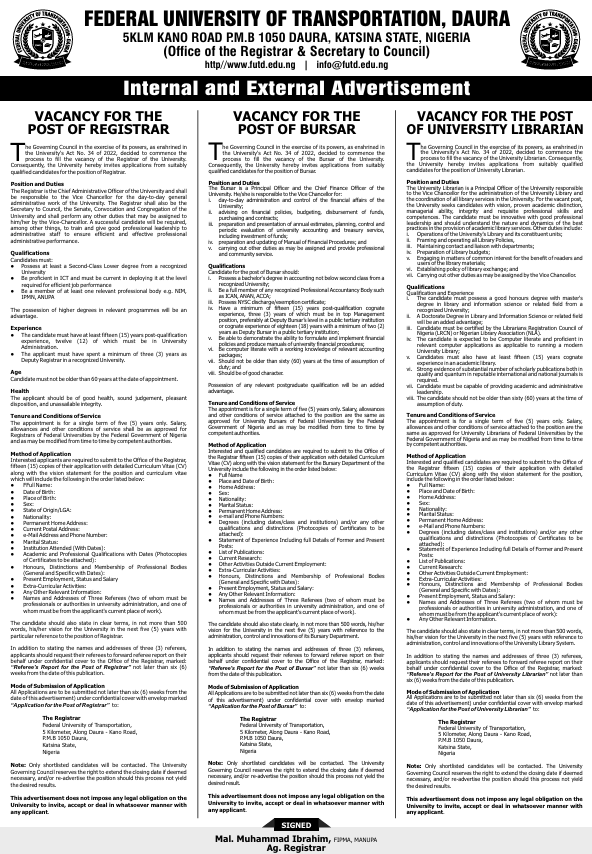A new price hike has been approved for power distribution companies (DisCos), effective from January 1, 2021.
This is just two months after the Buhari administration controversially imposed an increase in electricity tariffs.
The Nigerian Electricity Regulatory Commission (NERC), had in a revised Multi-Year Tariff Order (MYTO) on December 30, approved over 50 per cent hike in energy bills, Daily Trust reported on Tuesday.
Under the new order, the revised Service-Based Tariff (SBT) will witness increased billing for customers under bands A, B and C (those with guaranteed minimum daily supply of between 12 to 20 hours) and bands D and E customers (those who see a few hours of power or no supply at all in a day).
NERC had in November implemented a 10 per cent discount for band A-C customers while exempting band D and E customers from tariff hikes.
This followed the reliefs sought by organised labour, which had threatened industrial action to protest the tariff increment.
The immediate reliefs were, however, bound to be reviewed at the end of the year (2020).
The new tariff order NERC/225/2020 signed by NERC boss Sanusi Garba, hinged the increment on Nigeria’s 14.9 per cent inflation rate (recorded in November), as well as the depreciation of the naira against the dollar in the foreign exchange market (N379.4/$1 as of December 29, 2020).
It also attributed the hike to “available generation capacity, U.S. inflation rate of 1.22 per cent and the Capital Expenditure (CAPEX) of the power firms.”
The new tariffs are expected to rise even higher mid-2021 upon implementation of a Cost Reflective Tariff (CRT), billed to commence from June to December this year, Daily Trust reported, citing the NERC Order.
The Federal Government had repeatedly assured of facilitating nationwide distribution of at least one million free prepaid meters under its National Mass Metering Programme (NMMP) which commenced in October last year.
With many Nigerians yet unable to access the free meters, estimated billing has remained rife, as many small business owners grapple with outrageous energy bills













